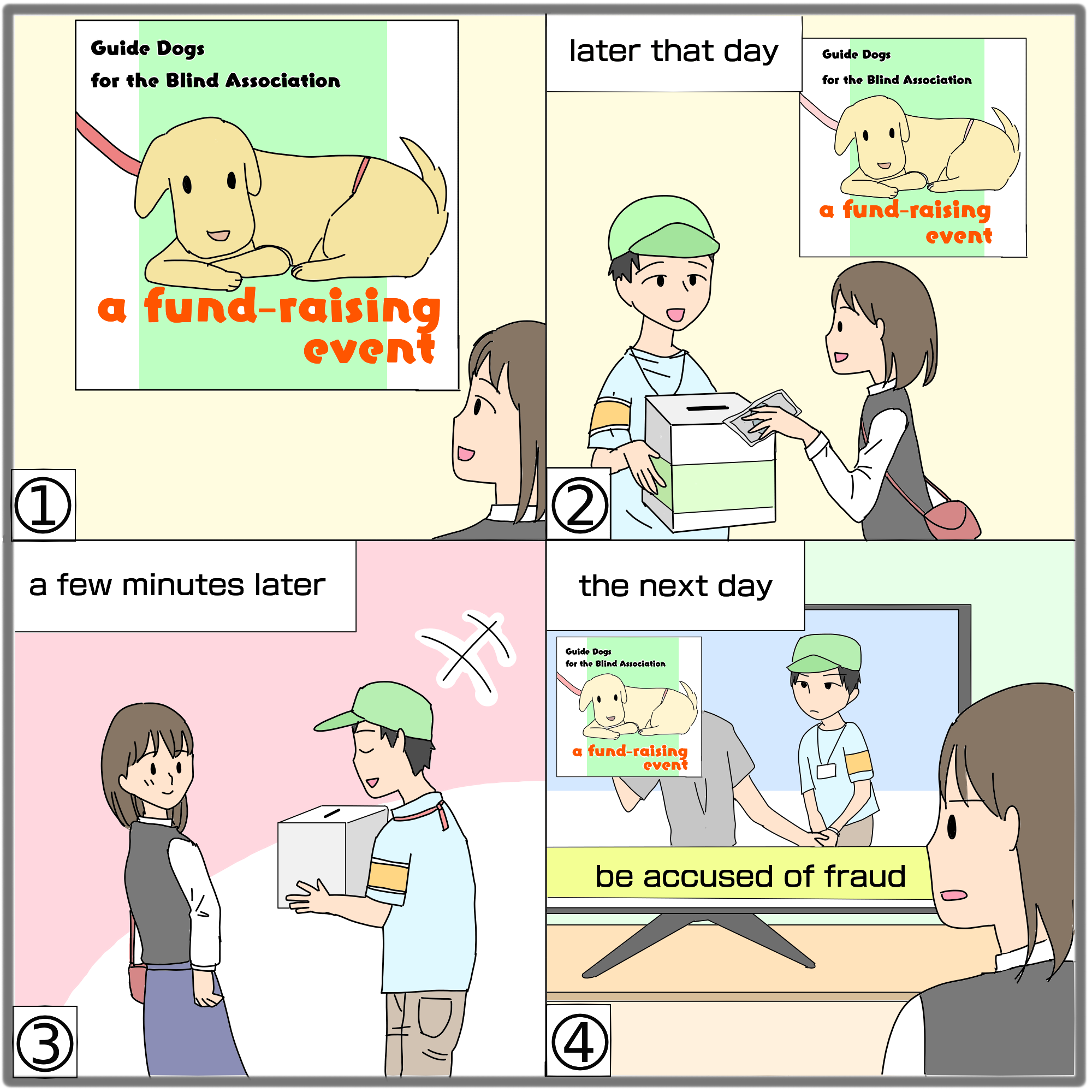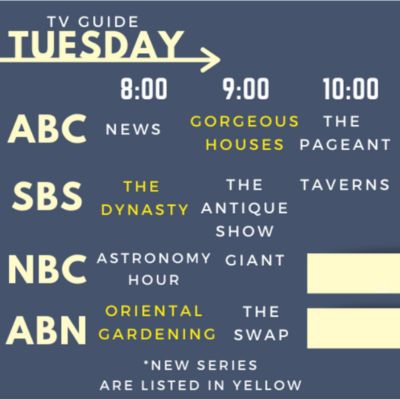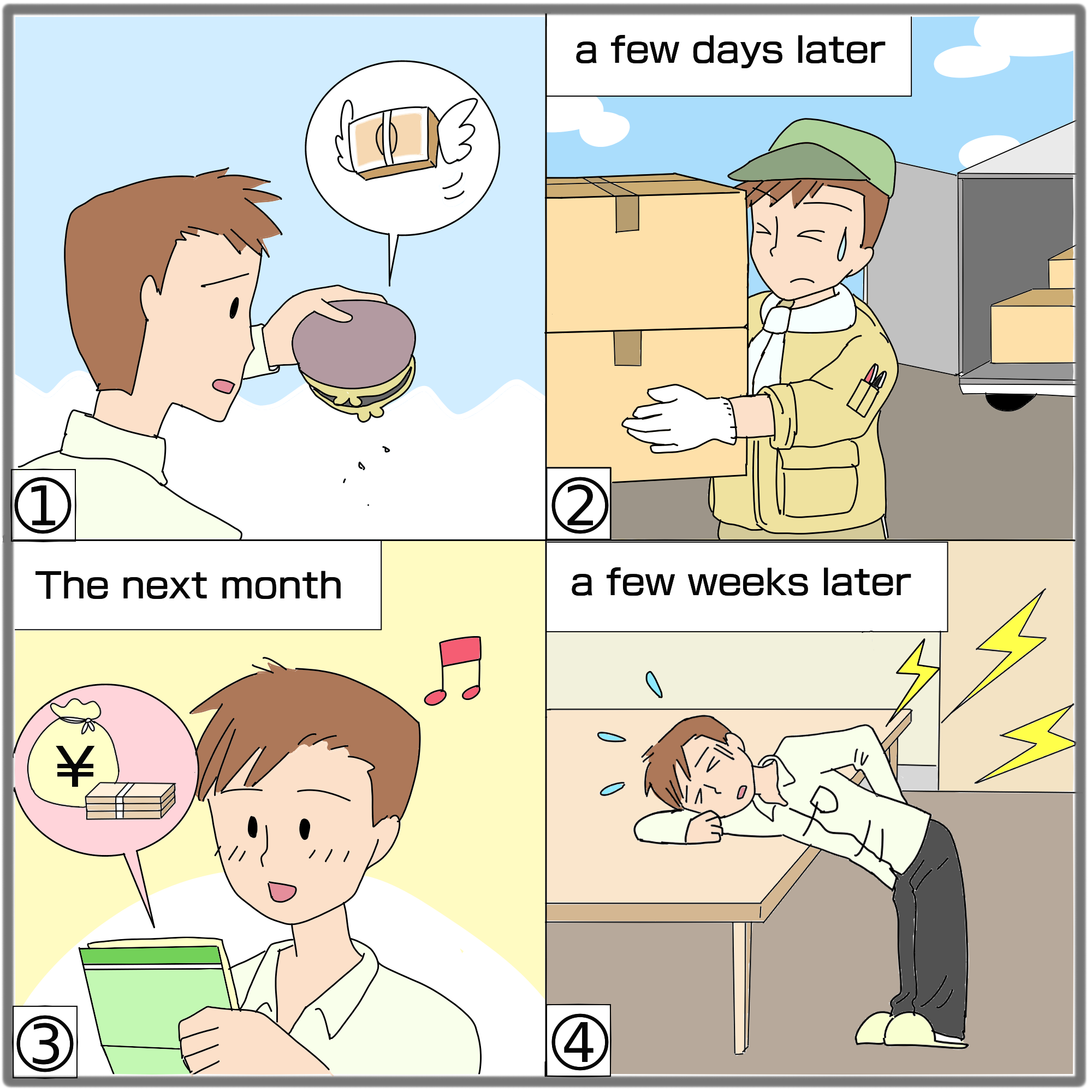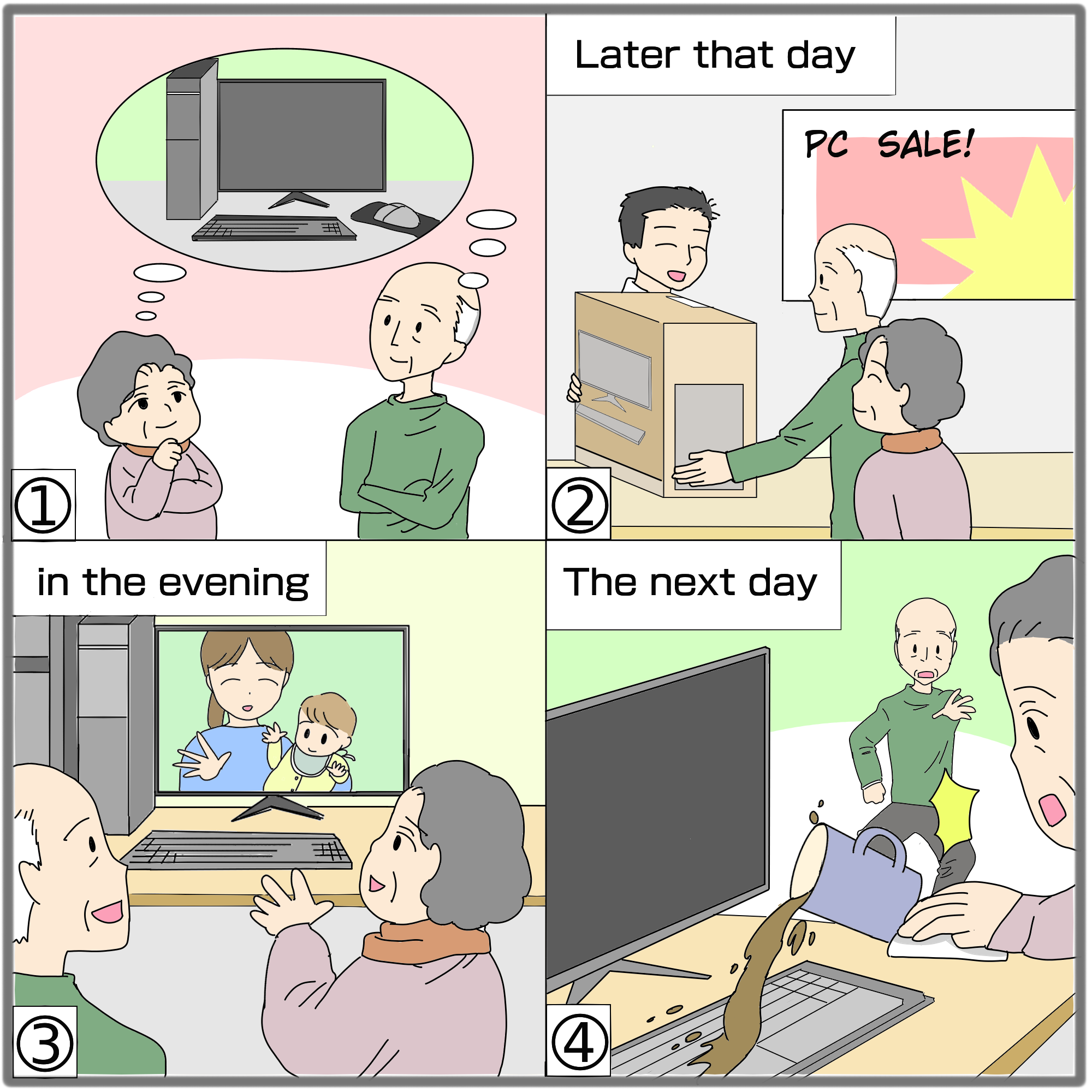| 1. | maintain |
|
維持する
|
|
| 2. | social order |
|
社会秩序
|
|
| 3. | humanity |
|
人類
|
|
| 4. | prosperity |
|
繁栄
|
|
| 5. | develop |
|
発展させる
|
| 1. | There are two purposes of education. |
| 2. | One is building up knowledge; the other is maintaining social order. |
| 3. | First, you are educated to build up knowledge for yourself. |
| 4. |
In order to grow up as a person, you need to gain enough knowledge in various areas of study. |
| 5. |
You need to know enough about the world, humanity, science, and technology to contribute to the peace and prosperity of the world. |
| 6. | Second, you are educated to maintain social order. |
| 7. | Through education, you’ll learn how to work together with other people. |
| 8. | We call this “collaboration.” |
| 9. | If you learn that collaboration is more efficient than working individually, |
| 10. | our society as a whole will develop peacefully. |
First, you are educated to build up knowledge for yourself. In order to grow up as a person, you need to gain enough knowledge in various areas of study. You need to know enough about the world, humanity, science, and technology to contribute to the peace and prosperity of the world.
Second, you are educated to maintain social order. Through education, you’ll learn how to work together with other people. We call this “collaboration.” If you learn that collaboration is more efficient than working individually, our society as a whole will develop peacefully.
| 1. | What are the two purposes of education? |
| Answer: | |
| 2. | What do you need to do in order to grow up as a person? |
| Answer: | |
| 3. | According to the passage, what is collaboration? |
| Answer: | |
| 4. | What will happen once we learn that collaboration is more efficient than working individually? |
| Answer: |
| 1. | What is your favorite subject? |
| Answer: | |
| 2. | How did you feel about learning new knowledge? |
| Answer: | |
| 3. | At school, do you enjoy working together as a team? |
| Answer: | |
| 4. | What is the best study method for you? |
| Answer: |
1. number/reasoning smart means you are good with numbers or logical thinking.
2. word smart means you are good at public speaking and using words.
3. music smart means you are good at singing and playing musical instruments.
4. picture smart means you are good at looking at graphs and images.
5. body smart means you are good at moving your body.
6. nature smart means you are good with natural things like plants and animals.
7. self smart means you are good at learning on your own.
8. people smart means you are good at cooperating with others.
| Score: | Please check the description of each score. |
| 1. | strongly disagree | |
| 2. | disagree | |
| 3. | undecided | |
| 4. | agree | |
| 5. | strongly agree |
| Criteria: | Please give the score by looking back on today’s lesson. |
| 1. | The student was able to use appropriate phrases to express his/her ideas. | |
| 2. | The student was able to correct the lapses he/she made. | |
| 3. | The student was able to speak in a confident manner. | |
| 4. | The student was able to express his/her ideas in a logical way. | |
| 5. | The student was able to tell his/her thoughts to the tutor properly. | |
| 6. | The student was able to speak in a consistent way. | |
| 7. | The student was able to react to the tutor’s questions well. | |
| 8. | The student didn’t continue the subtle pauses and silence he/she made. | |
| 9. | The student was able to maintain a fluent and natural flow of speaking. |




 GOOD
GOOD 






